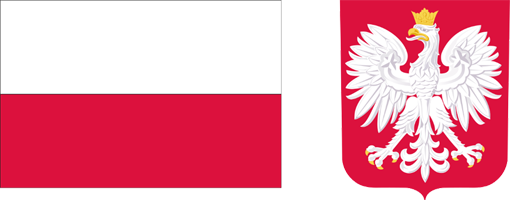Current issue
Archive
About the Journal
Aims and Scope
Editorial Board/Editorial Team
List of reviewers
Publishing process
Publishing Ethics and Malpractice Statement
Personal data protection (GDPR)
Creative Commons License
CrossRef Member / Similarity Check
For Authors
Call for papers
Guidelines for authors
Submitting a manuscript through the editorial system – step by step
For Reviewers
Peer review process
Guidelines for reviewers
Submitting a review – step by step
Contact
RESEARCH PAPER
REGIONAL MILK MARKET INTEGRATION: EVIDENCE FROM CENTRAL EUROPE
1
Warsaw University of Life Science
2
Czech University of Life Sciences in Prague
3
University of Hradec Králové
These authors had equal contribution to this work
Submission date: 2024-04-04
Final review date: 2024-05-28
Acceptance date: 2024-10-04
Publication date: 2024-12-23
Zagadnienia Ekonomiki Rolnej / Problems of Agricultural Economics 2024;381(4):23-49
KEYWORDS
JEL CLASSIFICATION CODES
R10
Q02
Q17
TOPICS
ABSTRACT
A well-integrated agricultural market is a precondition for the sustainability of agri-food systems since
it contributes to optimal resource and product allocation and encourages specialization according to
comparative advantage. The aim of the paper is to assess the processes of spatial price transmission
in the milk market of Central European countries. This paper extends previous studies on the spatial
integration of the milk market by providing a regional analysis of four Central European countries
by examining the effects of distance, borders, and specialization on price transmission. Germany as
the main milk producer in the European Union (EU) and the original member of the EU represents
the base country for our analysis. The econometric analysis of the regional monthly raw milk prices
reveals that the German regions, with the leading position in milk prices formation in Central Europe,
together with the Czech and Slovak regions, can be regarded as a single milk market where prices tend
to converge in the long run. In contrast, the Polish regions are still poorly integrated internally and externally. The perishability of the commodity coupled with the small size of the Polish farms means
that farmers cannot easily switch to other, e.g., foreign buyers. This hinders price adjustment and
is reflected in the economics of Polish dairy farms, whose profitability is low. Policymakers should,
therefore, aim to equalize the market powers of agricultural producers and milk processors, e.g., by
supporting the integration of dairy farms into producer organizations and sales cooperatives.
We process personal data collected when visiting the website. The function of obtaining information about users and their behavior is carried out by voluntarily entered information in forms and saving cookies in end devices. Data, including cookies, are used to provide services, improve the user experience and to analyze the traffic in accordance with the Privacy policy. Data are also collected and processed by Google Analytics tool (more).
You can change cookies settings in your browser. Restricted use of cookies in the browser configuration may affect some functionalities of the website.
You can change cookies settings in your browser. Restricted use of cookies in the browser configuration may affect some functionalities of the website.




